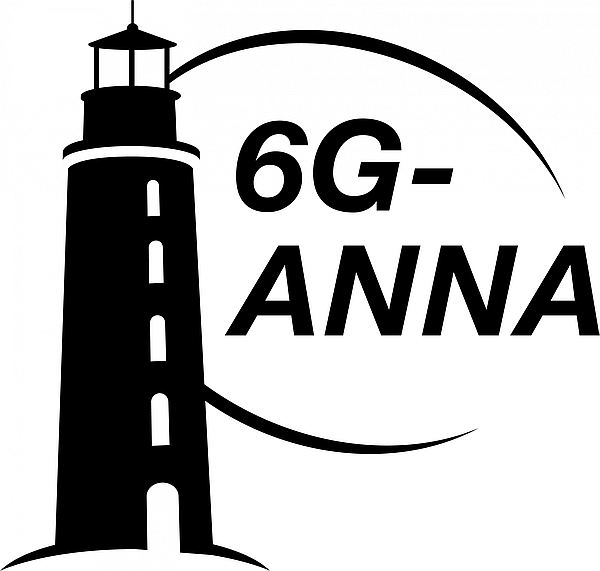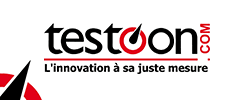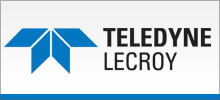- The project 6G-ANNA has been launched by the German Federal Ministry of Education and Research (BMBF) for a period of three years.
- 29 companies and research institutes are collaborating in this consortium, of which Rohde & Schwarz is a member.
- The project, led by Nokia, aims to advance the development, standardization and implementation of next-generation mobile communication technologies (6G).
While 5G is still being rolled out in Germany, the BMBF has already initiated plans to shape and implement 6G. The new lighthouse project 6G-ANNA (6G Access, Network of Networks and Automation) is part of a larger “6G Platform Germany” initiative.
Started on July 1, 2022 for a duration of 3 years, the 6G-ANNA is led by Nokia and funded by the BMBF with 38.4 million Euros. Rohde & Schwarz has joined the industry consortium as industry partner. The consortium is formed by companies such as Airbus, Bosch, Ericsson, Siemens and Vodafone as well as innovative start-ups, research institutes and universities.
Rohde & Schwarz has been involved in research beyond 5G and the development of 6G from the early beginnings and supports the ongoing fundamental research activities at 6G organizations, universities and research institutes across Europe, in the US and Japan.
The German company is already invested in researching different technologies which are expected to play a vital role in the development of 6G such as (sub-)THz communication, joint communication and sensing (JCAS), artificial intelligence (AI) and machine learning (ML) or reconfigurable intelligent surfaces (RIS).
The first global specification of 6G is expected within the next six to eight years, and the commercial introduction of the technology is estimated to take place around 2030.






